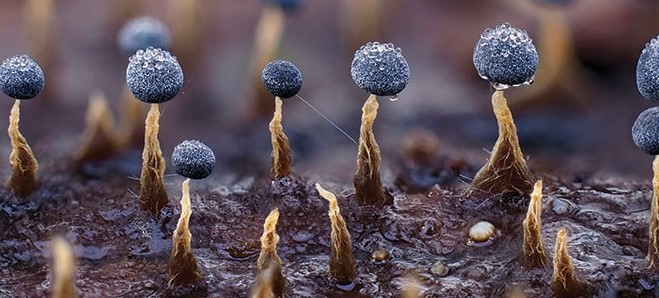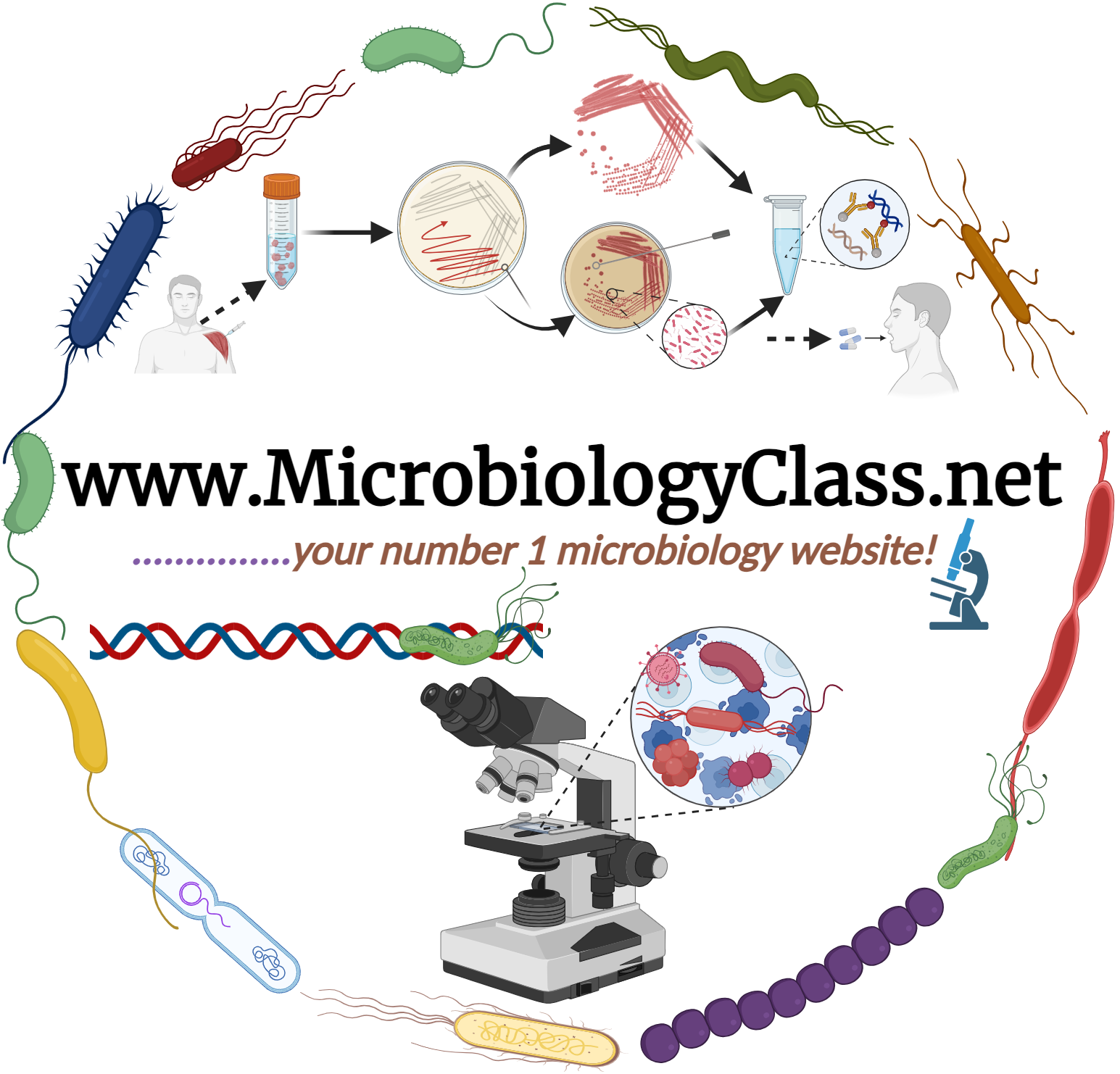Slime moulds are eukaryotic organisms that have fungus-like features as well as some animal- or […]
Tag: mycology
MICROBIOLOGY KEYWORDS A-Z GLOSSARY OF MICROBIOLOGY YOU NEED TO KNOW
Master these microbiology keywords, terms and definitions with this A-Z Glossary of Microbiology! In this […]
General Significance and Importance of Fungi
Fungi represent a vast and diverse kingdom of eukaryotic organisms that play indispensable roles in […]
MEDICAL MYCOLOGY – overview of fungal infections
The study of pathogenic fungi (i.e. fungal organisms that are of medical importance) is known […]
Introduction to Mycology
What is mycology? Mycology is simply defined as the study of fungi. Fungi (singular: fungus) […]






